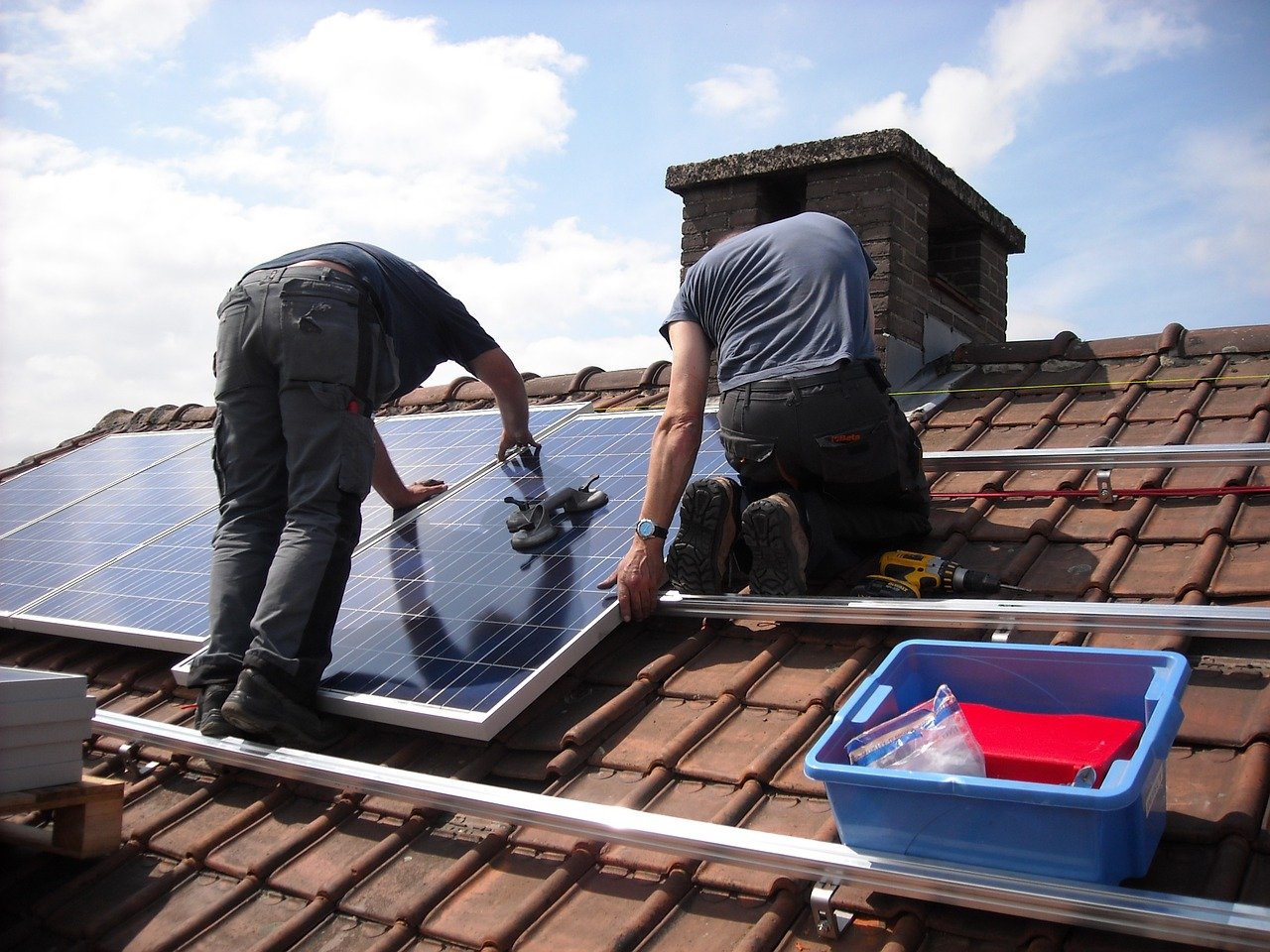With an average of 320 days of sunshine a year in the south, it’s not surprising that solar hot water systems in Spain are a common feature of many homes.
Solar hot water systems in Spain are reliable, durable and quite straightforward to install.
But while there’s certainly no shortage of sunshine to produce domestic hot water from solar energy in Spain, is a dedicated solar hot water system to best way to get affordable, energy-efficient hot water in your house in Spain?
How solar water heaters work
Heat from the sun is transferred to the water contained within the collector and circulated to a special solar cylinder. Here, it can be heated to a useable temperature as and when required by a conventional boiler or immersion heater.
Collectors even work on overcast days (but they work best when in direct sunlight), although tend not to be as effective in the winter.
Savings in CO2 emissions vary according to the fuel the solar system is replacing and the hot water demand, but a typical flat plate solar collector will save around 1 tonne of CO2 compared with electricity.
How to optimise your solar hot water system in Spain
Collector performance is optimal when unshaded, facing due south, and inclined between 25-60 degrees.
In practice, positioning solar collectors between southeast and southwest will only result in a 10% drop off in efficiency and can be considered acceptable.
Even east- or west-facing elevations will provide around 80% of the optimum and an oversized collector can be fitted to make up some of the difference.
Some evacuated tube collectors can also be rotated within their manifold by up to 30 degrees in order to compensate for an unfavourable position.
Consideration should also be given as to whether mounting the collectors vertically on a wall, at ground level or on a flat roof on purpose build A-frames is most optimal.
Photovoltaic panels and battery systems versus a solar hot water system in Spain

While a solar hot water system in Spain will get you hot water in the summer, the cost of photovoltaic panels (solar panels) and battery systems has come down dramatically in recent years.
You’ll need to make a larger investment and have a bit more space, but installing a complete solar panel setup has a number of advantages over a standard solar hot water system.
Over time, a complete solar panel and battery system is the least expensive way to heat your water and power the rest of your house in Spain.
With photovoltaic panels, you can also harness the sun’s energy to run your home’s air conditioning unit in the summer. In the winter, your solar panel and battery system should give you enough electricity to heat your hot water (especially when installed in a modern Marbella villa built with energy-efficiency in mind).
If you are on-grid and run short, you can use grid electricity to heat your water, which is less expensive than purely relying on grid electricity to power your air conditioning in the summer.
You could even run an electric car and use the car battery as part of your integral domestic battery system.
If you have space and are able to invest in a photovoltaic panel and battery system, it’s a wiser investment than a solar hot water system.
At Eco Vida Homes, our architects can design a photovoltaic panel and battery system into your home in Spain and set it up for the best performance. Get in touch today to discover how we can bring your energy-efficient home ideas to life and save you money on your future heating bills.

John is a founder of Eco Vida Homes and is passionate about bringing modern design and construction practices to Spain. He believes a home which is warm in winter and cool in summer is largely a matter of design and selective use of materials. He is British and a chartered surveyor with 20+ years experience living and working in Spain.
